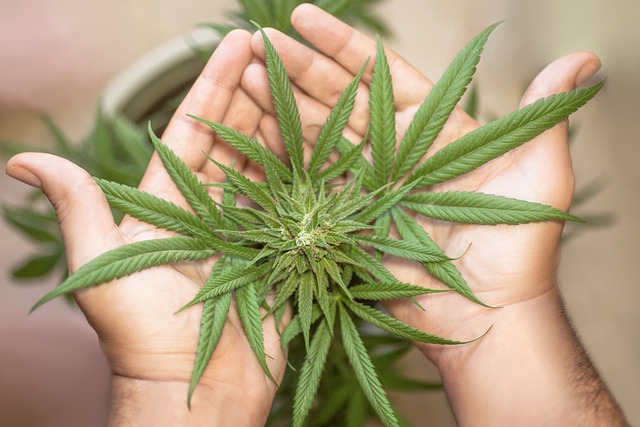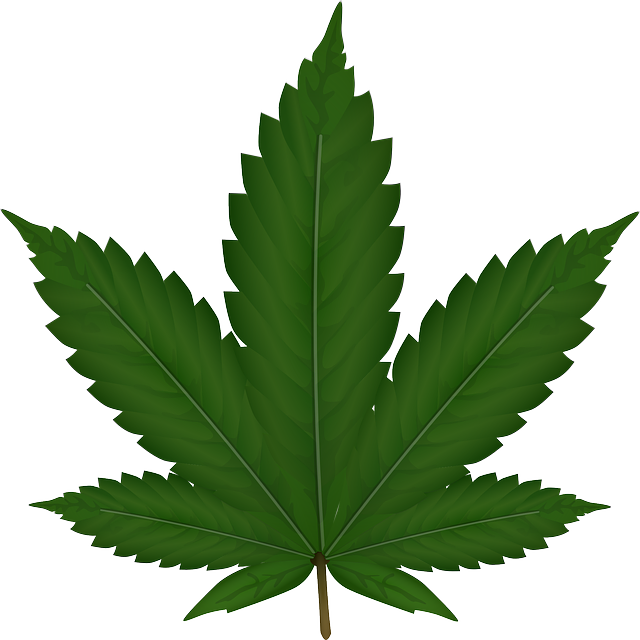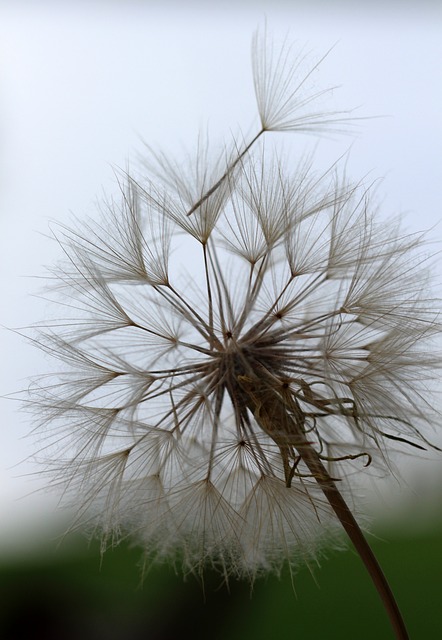Δ9-tetrahydrocannabinolic acid (THCA), a natural compound found in raw cannabis flowers and the precursor to THC, has gained attention for its potential health benefits and distinct non-psychoactive properties. In California, where recreational cannabis use was legalized with Proposition 64 in 2016, THCA is recognized as a legal component of cannabis due to its natural presence in the plant before conversion into THC. The Adult Use of Marijuana Act (AUMA) clarifies that THCA is within the bounds of the law in its raw form, provided it was legal under California law prior to January 1, 2018. The state's comprehensive cannabis regulations, enforced by the Bureau of Cannabis Control (BCC), mandate safety and potency testing for THCA products before they reach the market, ensuring compliance with state laws. As such, consumers and businesses in California must stay updated on these regulations to navigate the legal landscape effectively, confirming that THCA flower is a permissible product under California's adult-use cannabis program. This reflects the evolving understanding of cannabinoids and the importance of adherence to legal standards within the state's regulated market.
Explore the intricate world of THCA-rich flowers, a non-psychoactive precursor to THC found within the cannabis plant. This article delves into the multifaceted aspects of THCA flower, its legal status in California, and the scientific, medicinal, and economic significance it holds. From understanding its chemistry and how it fits into the broader cannabinoid ecosystem to the best cultivation practices, this comprehensive guide offers insights for both novice and seasoned enthusiasts on the use, consumption, and benefits of THCA flower, legally thriving in California’s regulated market. Join us as we unravel the potential of THCA and its role in enhancing well-being, with a focus on its legal standing, therapeutic uses, and the evolving industry landscape.
- THCA Flower: An Overview of Tetrahydrocannabinolic Acid
- The Chemistry Behind THCA: Structure and Properties
- THCA Flower and the Law in California: Legal Status and Regulations
THCA Flower: An Overview of Tetrahydrocannabinolic Acid

THCA, or tetrahydrocannabinolic acid, is a natural cannabinoid found in the Cannabis sativa plant that has garnered significant attention for its potential wellness benefits. Unlike its better-known counterpart THC (tetrahydrocannabinol), THCA is non-psychoactive, meaning it doesn’t induce the ‘high’ commonly associated with cannabis consumption. Instead, THCA is being studied for a variety of therapeutic properties, including anti-inflammatory and neuroprotective effects. In its raw form, THCA exists in fresh cannabis flowers harvested before the plant has undergone the heat required to convert its THCa into THC.
The legal landscape regarding THCA flower is particularly noteworthy in California, where recreational cannabis use was legalized in 2016 with the passage of Proposition 64. THCA itself is not explicitly mentioned in state legislation; however, because it is a natural, non-psychoactive compound found in the raw cannabis plant, it is considered legal under California’s Adult Use of Marijuana Act (AUMA). This distinction allows consumers to purchase and possess THCA flower in its raw form for wellness and therapeutic purposes. California’s regulations and the evolving nature of cannabis legislation underscore the importance of staying informed about the specific laws governing cannabinoids within the state. As such, enthusiasts and those interested in the potential health benefits of THCA can legally explore this cannabinoid within the borders of California.
The Chemistry Behind THCA: Structure and Properties

Δ9-tetrahydrocannabinolic acid (THCA) is the non-psychoactive precursor to the well-known psychoactive cannabinoid, Δ9-tetrahydrocannabinol (THC). Found naturally in raw cannabis flowers, THCA possesses a distinct chemical structure that is responsible for its unique properties. The molecular framework of THCA includes a cyclic ring system fused to a pentyl side chain, with an additional acid group (-COOH) attached to the cyclic ring. This specific configuration prevents THCA from binding as effectively to the body’s endocannabinoid receptors compared to its decarboxylated form, THC. In its acidic state, THCA exhibits different effects and therapeutic potential, which are being explored in various scientific studies. The legal status of THCA-rich products is a subject of ongoing discussion and regulation; notably in California, where the legal landscape for cannabis and its derivatives, including THCA, continues to evolve. As per California’s Proposition 64, all cannabinoids, whether synthetic or derived from cannabis, are considered legal so long as they are derived from parts of the cannabis plant that were legal under California law prior to January 1, 2018. This legal clarity has paved the way for researchers and manufacturers to innovate within the thca legal in California framework, offering products that harness the potential of THCA’s unique chemistry. Understanding the structure and properties of THCA is not only fundamental for the scientific community but also crucial for consumers and regulatory bodies alike as they navigate this emerging market.
THCA Flower and the Law in California: Legal Status and Regulations

In California, the legal status of THCA flower has been a topic of interest and regulation following the state’s progressive stance on cannabis legislation. As per the California Cannabis Hemp Act, THCA, or tetrahydrocannabinolic acid, a non-psychoactive precursor to THC found in raw cannabis plants, is legal within the boundaries set by Proposition 64, also known as the Control, Regulate and Tax Adult Use of Marijuana Act. This act not only legalized the recreational use of cannabis for adults over 21 but also established a regulatory structure to oversee its production, sale, and consumption. It’s important for consumers and businesses dealing with THCA flower in California to adhere to state laws, which include strict guidelines on cultivation, processing, and distribution. The California Bureau of Cannabis Control (BCC) enforces these regulations, ensuring that THCA products are tested for safety and potency, and that all transactions occur within the legal framework established by the state. Understanding the nuances of these laws is crucial for anyone involved in the THCA market to operate lawfully and responsibly.
In recent years, the THCA flower has garnered significant attention within the cannabis community, particularly in California where its legal status and regulations have been a point of focus for enthusiasts and policymakers alike. This comprehensive exploration into the THCA flower sheds light on its unique chemical makeup, as well as its nuanced legal standing in the Golden State. Understanding the chemistry behind THCA is crucial for both consumers and producers to navigate its potential effects and compliance with state laws. As California continues to shape the future of cannabis legislation, the discussion around THCA flower remains a dynamic and evolving conversation. For those interested in exploring the benefits of THCA, it is imperative to stay informed on the latest regulations to ensure legal compliance and safe consumption practices. With ongoing research and legislative developments, the role of THCA legal in California is set to define the next chapter in cannabis history.
